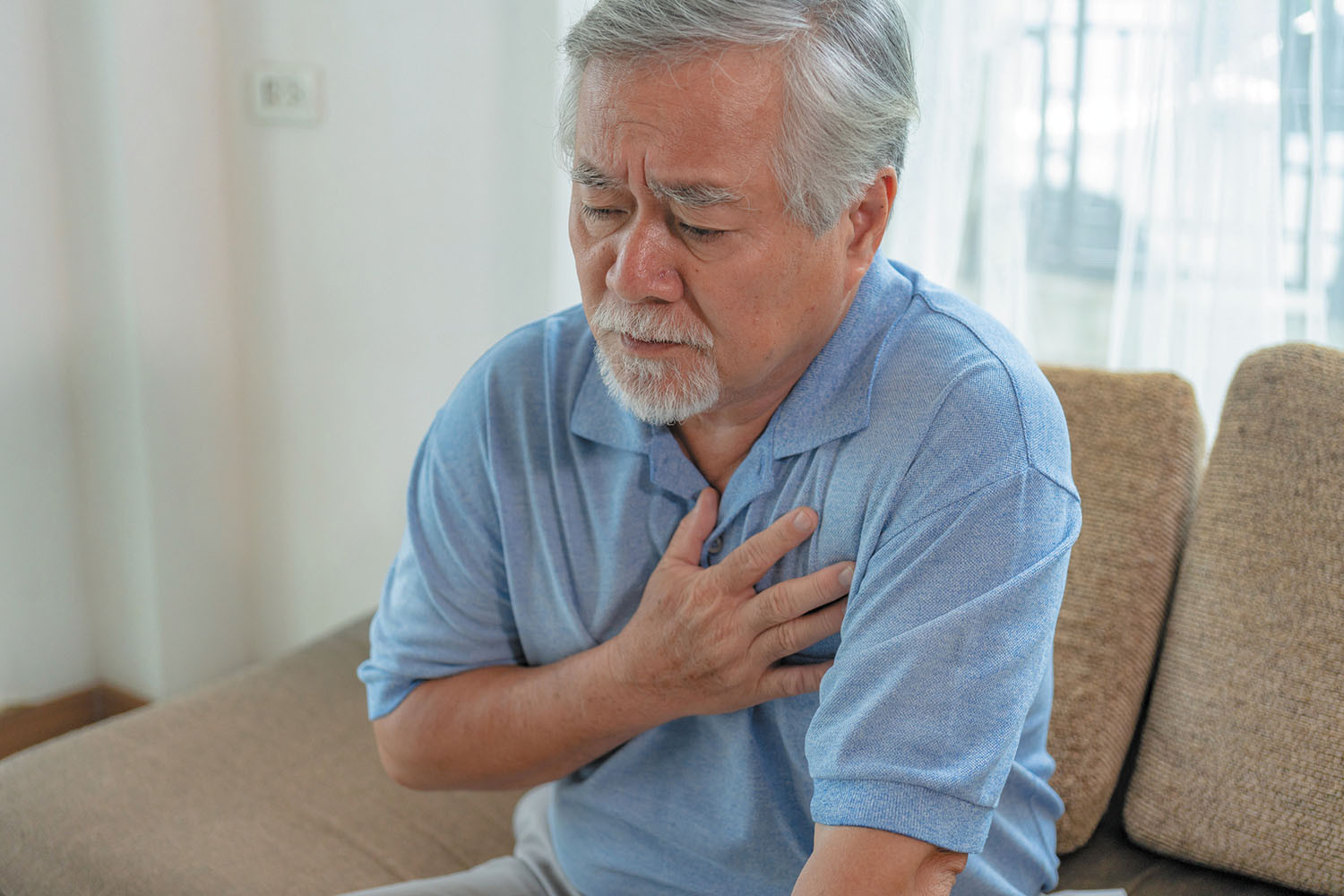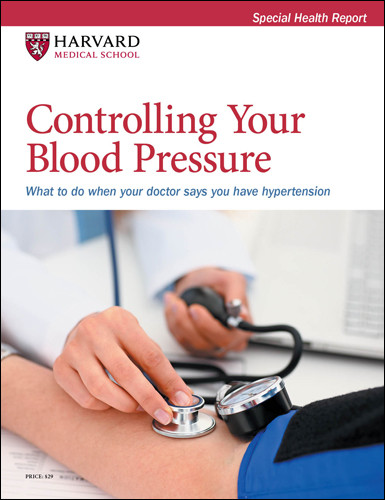Heart attacks strike in different ways
Don't rely on the typical symptoms to guide your actions.
- Reviewed by Howard E. LeWine, MD, Chief Medical Editor, Harvard Health Publishing; Editorial Advisory Board Member, Harvard Health Publishing

Mention heart attack, and many people think of a man clutching his chest in pain. But the symptoms are often subtle, and the underlying process causing the heart attack can differ.
"Heart attacks are defined by damage to the heart muscle from a limitation of blood flow, but there are multiple ways this can occur," says Dr. Stephen Wiviott, a cardiologist with Harvard-affiliated Brigham and Women's Hospital. "Regardless of the cause, this damage can result in permanent reduction of heart function or even death. This is why it's so important for people to recognize the different signs, so they know when to seek care."
Symptoms and causes
Chest discomfort remains the most common heart attack symptom. But the discomfort can feel more like mild pressure, a pulled muscle, or heartburn rather than the pain that people may expect. Sometimes other symptoms predominate, such as pain in the jaw, shoulders, or arms; nausea with or without vomiting; sweating; or shortness of breath.
People who have a heart attack often say, in retrospect, "I just felt awful." There are two different mechanisms by which most heart attacks happen. Both are related to insufficient blood flow to an area of the heart, most often related to fatty plaque buildup in coronary arteries.
A type 1 heart attack occurs when a plaque ruptures and releases chemicals that trigger the formation of a blood clot. The clot blocks the artery, cutting off blood flow to part of the heart.
A type 2 heart attack does not involve a ruptured plaque. It happens when there is a mismatch between the amount of blood a portion of heart muscle needs and the blood supply in the coronary artery feeding that area of the heart.
The setting for this type of heart attack can be a condition that puts extras stress on the heart like the flu or pneumonia, an abnormal heart rhythm resulting in an accelerated heart rate, or a big spike in blood pressure.
Why type matters
Even though type 2 heart attacks may sound less ominous, they actually have a worse prognosis. Research has found that people with this type of heart attack are more likely to die over the next few years compared with those who experience a type 1 attack.
This is not necessarily because type 2 attacks cause more heart damage, but because they typically occur in patients who are older and who have other medical problems in addition to blockages in the arteries. These features raise the risk of a second heart attack, heart failure, and stroke.
In comparison, people with type 1 heart attack may be more likely to get proven therapies (such as immediate cardiac catheterization to open the blockage with angioplasty or a stent) and to start taking medications to prevent another heart attack (such as blood clot inhibitors and high-dose statin drugs). They are also less likely than people with type 2 attacks to have other illnesses.
Recognize and react
The takeaway here is that you should be aware of the signs of heart attacks so you can immediately call 911. "Always be mindful about potential heart symptoms. Seek immediate attention if they are severe or persistent, and contact your physician if you are unsure," says Dr. Wiviott. "Your body is sending you a warning, so don't ignore it."
Image: © lucky-sky/Getty Images
About the Author

Matthew Solan, Executive Editor, Harvard Men's Health Watch
About the Reviewer

Howard E. LeWine, MD, Chief Medical Editor, Harvard Health Publishing; Editorial Advisory Board Member, Harvard Health Publishing
Disclaimer:
As a service to our readers, Harvard Health Publishing provides access to our library of archived content. Please note the date of last review or update on all articles.
No content on this site, regardless of date, should ever be used as a substitute for direct medical advice from your doctor or other qualified clinician.
















